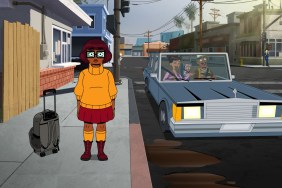The reviewing season for 2013 is over, but let's not forget what an impressive (and less-than-impressive) year it's been. As some of our fans understand, we have a tendency to screw over Metascores, and we will never stop doing so because the status quo can be boring and incorrect at times. There were plenty of highlights and plenty of disappointments, so let's look over just…

Atlas is an action-rpg with rogue-like elements where you use your ability to control the ground to fight the enemies and move through procedurally generated worlds.









